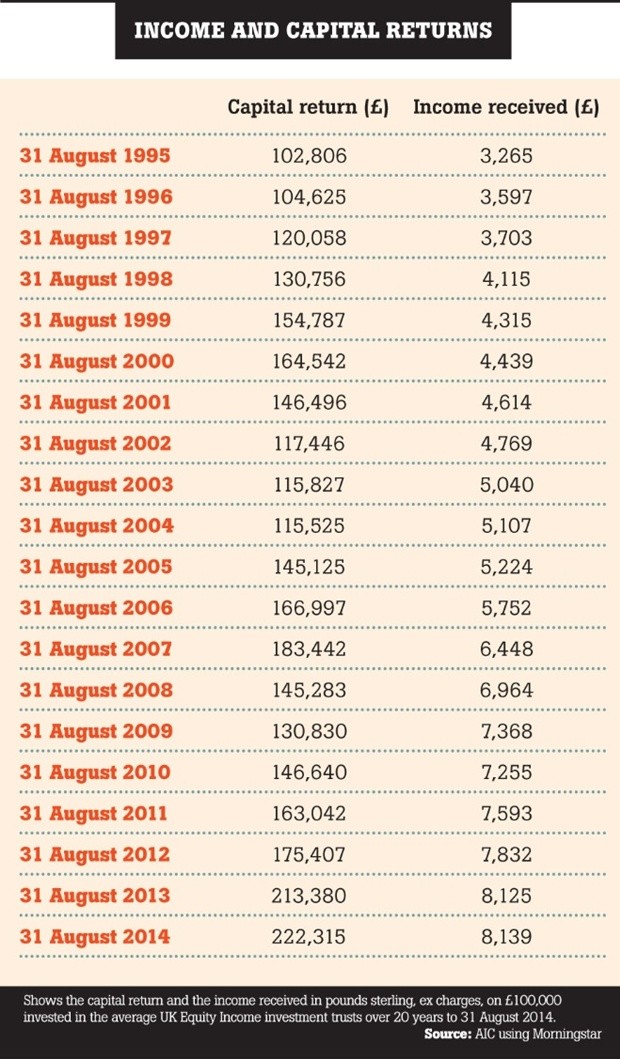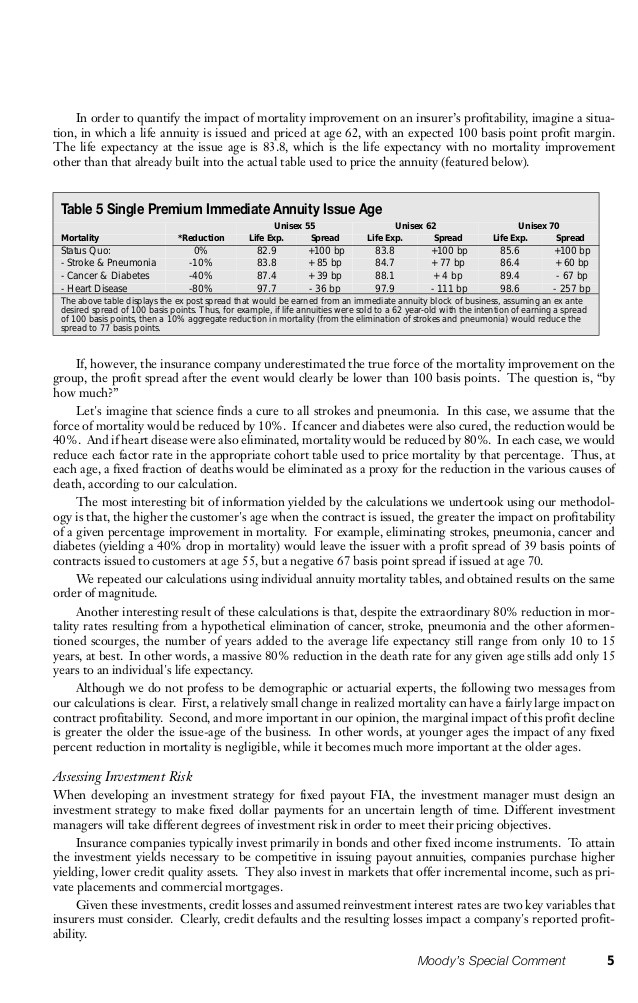Annuity Risks
Post on: 25 Май, 2015 No Comment

September 15, 2008 | Comments (5)
In the ongoing search for higher income, many investors have turned to annuities as a way to get better rates than bank CDs and other fixed-income products offer. Yet with the financial troubles that annuity giant AIG ( NYSE: AIG ) currently faces, investors are concerned about what could happen to their annuities if the insurance companies backing them don’t survive the credit crunch .
Falling rates, more annuities
The big drop in short-term interest rates over the past year has hurt retirees who rely on the income from their investments to cover living expenses. Yet while rates on bank CDs have fallen from last year’s levels, fixed annuities often offer substantially higher rates. In particular, with banks now a major seller of fixed annuities, comparing their rates against CD rates was easy — and made fixed annuities look extremely attractive.
Unfortunately, it’s not as easy for some investors to understand exactly what protections were included in each product. The FDIC. which protects bank accounts up to $100,000, requires banks that offer outside investment products like fixed annuities to be explicit about the fact that only bank deposits are entitled to FDIC insurance protection.
Health matters
For the typical saver, FDIC protection makes buying bank CDs a lot simpler. Even if you bank with institutions like Washington Mutual ( NYSE: WM ). Wachovia ( NYSE: WB ). or National City ( NYSE: NCC ). all of which have their shareholders sweating over whether their entire investment will go up in smoke. you can buy a CD and not have to worry about losing a penny. The worst things you’ll have to deal with are the hassle of getting your money back early and the search for a new account elsewhere.
Annuity owners, however, don’t have the same assurances. As the insurance companies themselves will remind you, annuities are backed by the ability of the company to pay claims.
That lack of protection forces you to look at how healthy the insurance company is. Because annuity owners often agree to keep their money with an insurance company for years, you need to be absolutely confident that your company will still be around before buying an annuity. Yet although AIG’s drop has been the most significant, competitors like Allianz ( NYSE: AZ ). AXA ( NYSE: AXA ). and ING ( NYSE: ING ) are also trading near 52-week lows.
A backstop for investors
Concerns about the health of insurance companies may be enough to persuade you not to buy a new annuity. But what if you already own one?
Fortunately, there’s some good news for annuity investors who are concerned about their money. Guaranty associations provide some protection for investors when insurance companies become insolvent.

Because insurance is regulated at the state level, different states have different levels of protection. According to the National Organization of Life and Health Insurance Guaranty Associations, every state provides at least $100,000 of coverage for annuity owners if an insurance company becomes insolvent. Some states provide more, with New York and Washington covering up to $500,000 in annuities.
However, this additional guaranty protection shouldn’t lull you into a complete sense of security. Although guaranty funds have handled fairly large isolated insurance company failures in the past, such as the failure of Reliance Insurance in 2001, there is concern that a string of problems could overwhelm the system.
During turbulent times, it’s important to know the full extent of every risk you take with your investments. If you own an annuity, keep in mind that even if shares of your insurance company fall to zero, you’re still likely to get at least some money back, either from the liquidation of the company or from your state guaranty association.
Nevertheless, before buying an annuity, you still should check out the financial condition of the company that’s selling it to you. If you’re not convinced it will weather the current credit crisis, you’ll probably sleep better at night if you buy that insured bank CD instead.
More on investing for income:
If income is your thing, we’ve got you covered at Motley Fool Income Investor . Our recommended stocks have a track record of beating the market while paying a healthy stream of dividends to investors. A 30-day free trial gives you access to all of our recommendations, including our best bets for new money now.
Fool contributor Dan Caplinger doesn’t own any annuities, and he doesn’t own shares of the stocks mentioned in this article. Try any of our Foolish newsletters today, free for 30 days . The Fool’s disclosure policy is never at risk.














